Why all is not well with student politics in India
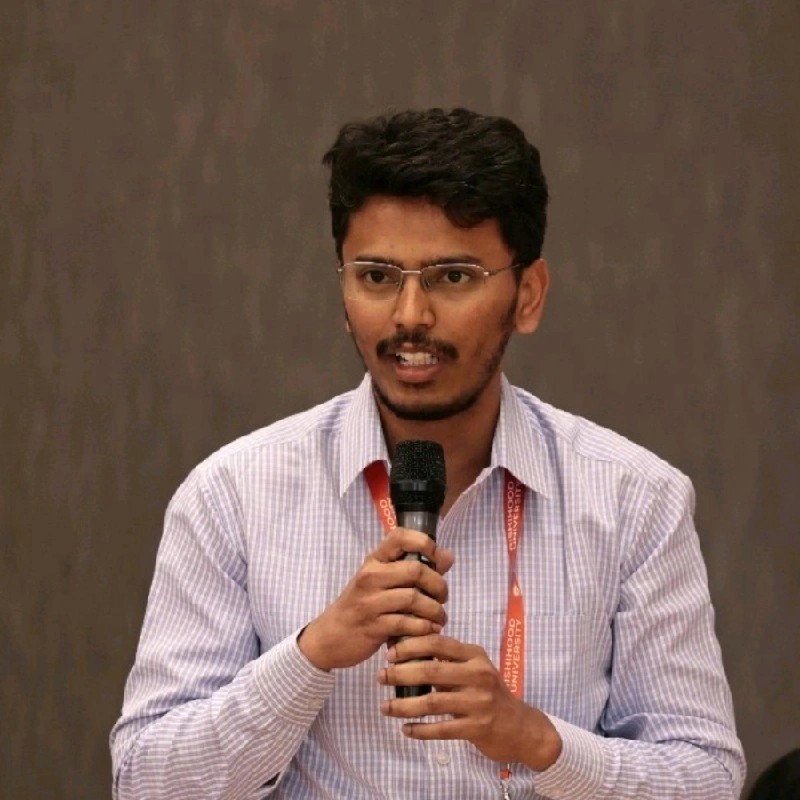
Srinath is the Founding Editor of The ArmChair Journal. Currently at the University of Chicago, he is also an alumnus of IIT Madras, Ashoka University, Rishihood University and Purdue University.
The end of the students’ union elections (2017) at the University of Hyderabad (UoH) coincided with the beginning of protests at the Banaras Hindu University (BHU) against an alleged case of sexual violence. Social media, which had served as an important platform for campaigning during the UoH elections, was flooded with appeals from students at BHU for the creation of a students’ union.
Although the UoH does not recognise election candidates who align themselves with political organisations, the campaign witnessed exactly this. Candidates represent a number of political groupings like the Akhil Bharatiya Vidyarthi Parishad (ABVP), the Students’ Federation of India (SFI), the Ambedkar Students’ Association (ASA), the National Students Union of India (NSUI), and the Other Backward Classes Forum (OBCF), to name a few. Many of these groupings are affiliated, albeit unofficially, to parent political parties, whose ideological leaning they promote.
This article is a result of a survey undertaken by the Independent Students’ Forum at the UoH to study the political attitudes of the election candidates. Out of a total of 110 candidates who had contested different positions, 80 responded to the survey. The questionnaire contained questions about their identities, perceptions towards campus politics, the nature of their association with the political organisations, and so on. The results lend support to the argument that the political environment in universities is not democratically vibrant and can be more open-minded towards learning about different perspectives.
A word of caution-like any survey, the results of this study should be taken with a pinch of salt.
Politics as an end in itself
The phrase ‘political inclination’ has a meaning that is severely undermined by the students. It, in the least, signifies that the person subscribes to the views that a particular “ism” envisages for the society. To be inclined in such a manner, one must be able to understand one’s own “ism”, along with being able to criticise the competing “ism”s. This helps in making informed and meaningful choices. It must also be noted that self-assertion of identities is an inherent feature of any democracy. Besides, the fluidity of identity is also important, as it strengthens the democratic character. This is because discussion and dissent inevitably lead to learning and unlearning in many ways.
However, the findings at UoH are contrary to this. A compartmentalisation of political organisations in the name of identities or ideologies was visible, along with a closed mind towards the competing points of views. This made it almost impossible for students to come together to support a common cause. It was observed that 70% of the respondents from the state of Telangana had aligned with Right (a coalition between ABVP and OBCF). On the other hand, 85% of the respondents from the state of Kerala and West Bengal had aligned with the Alliance for Social Justice (a coalition of SFI, ASA, and several other political organisations.) This indicates that the regional identities influenced a candidate’s political inclination to a considerable extent, despite not serving an intellectual purpose.
A lack of dynamic ideologies
In the last five years, it has been seen that the majority of students at the Jawaharlal Nehru University (JNU) continues to align themselves with the Left (alliances around All India Students’ Association or the AISA), whereas, that students in the Delhi University (DU) lend their support to the Right (ABVP). However, the recent DU elections saw a comeback of NSUI, where it earned two out of four vital positions, despite securing fewer votes than those polled for NOTA (None Of The Above) in the JNU elections. The University of Hyderabad also saw the Right slowly emerging as a counter to the established Left-Ambedkarite alliance.
Any healthy debate involves familiarisation with one’s own perspective and also the perspective of the opponent. It involves perfecting the arguments of both sides so that sensible refutations are put forth. In such a setting, the different ideologies interact, and lead to learning and unlearning. In the context of these elections, one may also expect dynamism in the ideology of the organisation or alliance that wins elections year after year. This approach not only makes the participants develop tolerance towards others but also improves their arguments by integrating the “others.” But in reality, JNU has been steadily dominated by the Left (around AISA), while DU aligns with the ABVP. This calls for a closer observation of the situation.
A case of political immaturity
One can infer from the prevailing scenario that different organisations have established their stronghold in different universities. As their victories have been consistent, can it be inferred that the lesser influence of AISA in DU means that ABVP has dismantled AISA’s ideas within the University forever? Also, if ABVP could do that in DU, why could it not do the same in JNU? However, the reality does not provide affirmations for such conclusions. Given this, can it be said that there is something beyond ideological debates which influences students when they choose their political leanings?
Also, before choosing to align with SFI or AISA, how many students attempt to understand the ideas of Karl Marx? One may not agree with all the ideas in a particular school of thought while being aligned with it, but a reasonable understanding is a prerequisite. Similarly, how many of the students tried to understand “Hindutva” before aligning with ABVP? This would not be a far-fetched expectation in universities, as they are the best places to have access to knowledge and debate. But if this does not happen in universities, it surely cannot be expected in mainstream politics.
The answers to these questions lie in exploring the way political choices are made. Even in the universities, the political choices are based primarily on factors like intense dislike for a particular group, grouping oneself based on regional identities, and more generally based on a superficial understanding of an ideology. The students are short-sighted about the value of their vote and are often swayed by the charged political atmosphere created during the elections, which compromises the independent choice that should corroborate each vote.
The findings of the study showed that only 45% of the consented were attracted towards the ideologies of the organisation they represented, whereas, 25% of the respondents contested without subscribing to the organisation’s ideologies. The remaining candidates contested for reasons like satisfaction with the performance of the parent party in their native state, mere opposition towards the opponent’s ideology while not subscribing to their own organisation’s ideology and other such reasons.
Further, around 55% of the respondents had been associated with their organisation only after joining the university-a period of not more than two months. About 60% of the contestants also belonged to the first year of a Master’s program. These findings only signify the nascent stage in their understanding of political ideologies. Additionally, not more than 50% of the contestants also perceived that the voters, in general, had a “reasonable” understanding of the ideologies. This leads one to infer that the choices are not based on careful scrutiny and the politics are not based on healthy debates.
A larger concern
When the success of an organisation through its candidates is based on a partial or improper understanding of its ideology, one can question the legitimacy of its victory. Such legitimacy holds, even more, weight in the case of universities as a victory signifies the victory of ideas of social and political significance and not the individuals.
The chances for student leaders to pursue political careers have become meek today. However, the presence of politicians who were once student leaders like Arun Jaitley, Jaipal Reddy, Lalu Prasad Yadav, Sitaram Yechury, and many others in the mainstream politics only buttresses the importance of student politics for the democratic development of the nation.
Universities have the advantage of observing the mainstream politics from different perspectives, criticising them, and also improving them. But there exists a risk of ideologies turning into dogmas when the choices are not based on critical thinking. If the universities are laboratories to test different ideas, the prevailing state of affairs needs a drastic improvement.
Featured Image Source: Wikimedia Commons
This article was originally published by Srinath on Dailyhunt


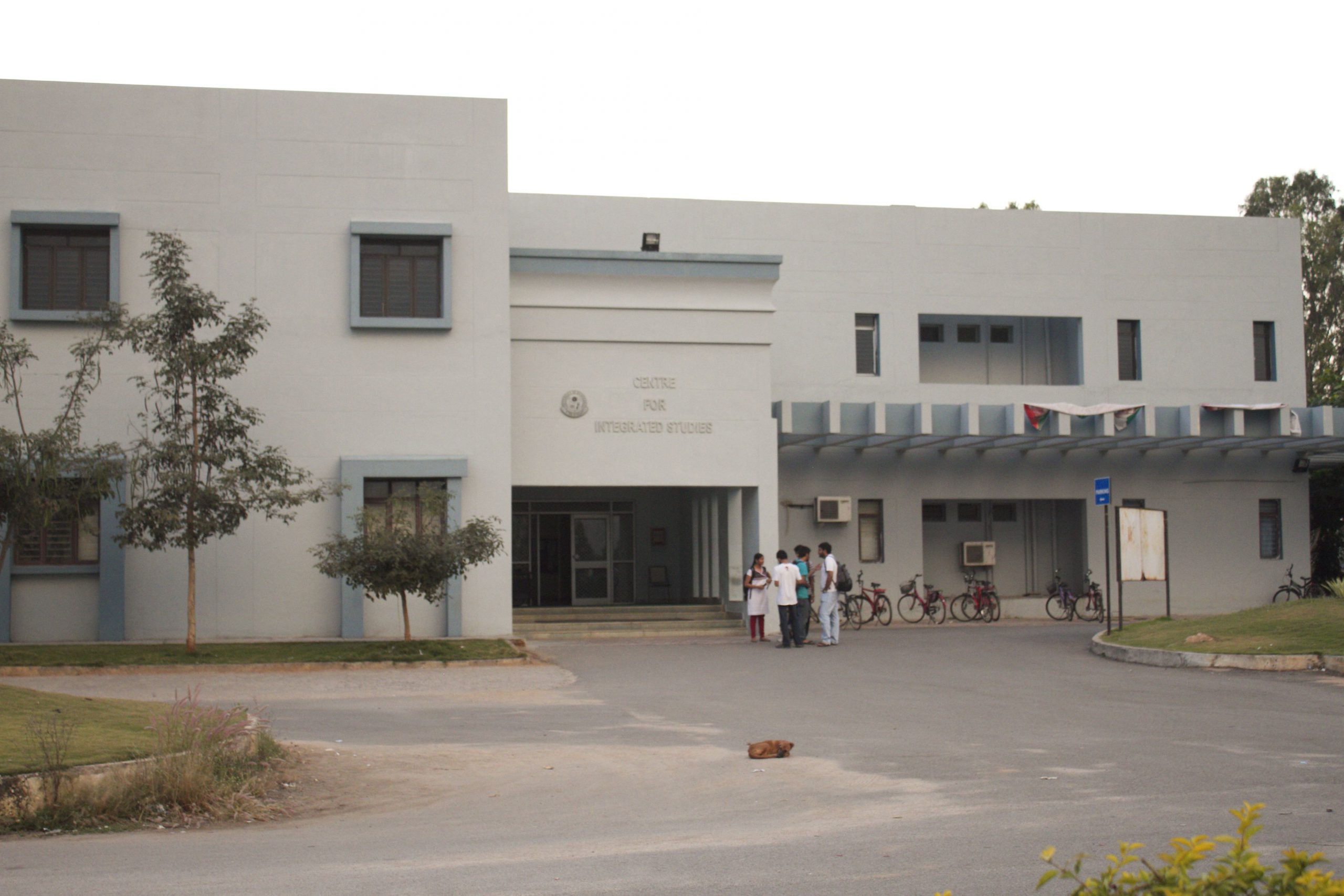


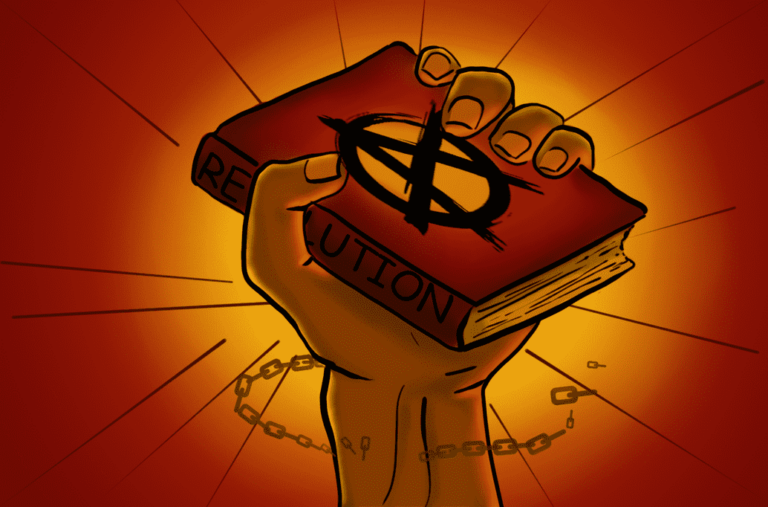
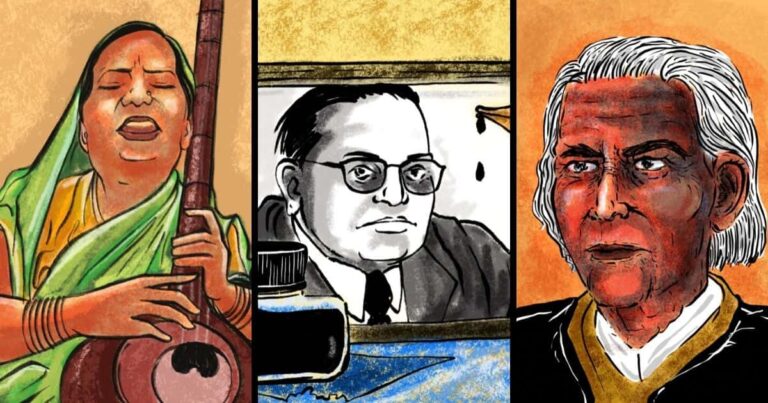
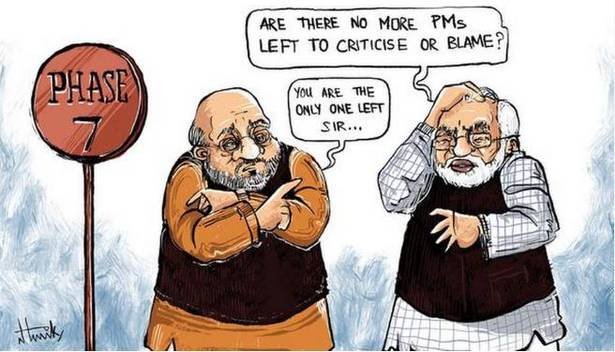
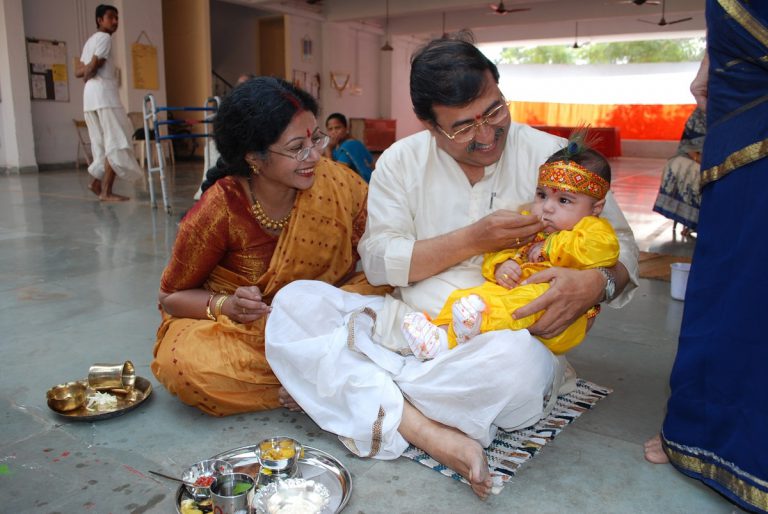
Readers' Reviews (2 replies)